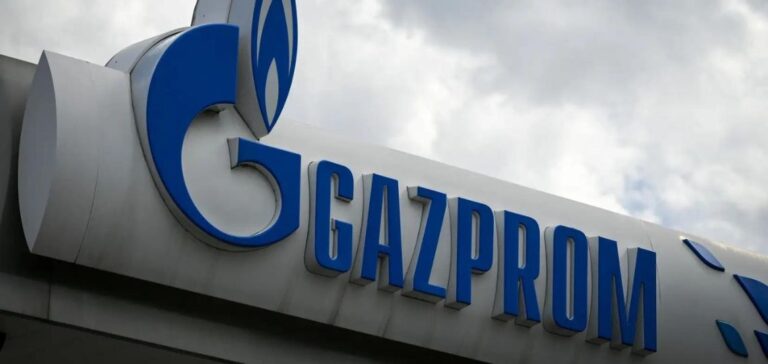Peter Szijjarto, Hungary’s head of diplomacy, travels to Russia to meet Gazprom CEO Alexei Miller.
The visit is part of Hungary’s energy strategy, which remains aligned with Moscow despite pressure from the European Union to diversify supplies and reduce dependence on Russia.
Hungary justifies this move on the grounds of energy and economic necessity, while other EU member states are striving to find alternatives.
A strategic choice for gas supply
Hungary is heavily dependent on Russian gas for its energy needs.
This dependence is largely ensured by the TurkStream pipeline, which runs under the Black Sea through Bulgaria and Serbia to Hungary.
This pipeline, with its Balkan Stream extension, is essential for gas deliveries to Budapest.
Despite European initiatives to reduce the share of Russian gas in the energy mix, Budapest continues to favor this route to ensure its energy security.
Part of Hungary’s gas supply also transits Ukraine, but the current transit agreement expires on December 31, 2024.
Kiev has already announced its intention not to renew this agreement, which could affect the flow of Russian gas to Hungary.
This situation creates a climate of uncertainty as to the continuity of these supplies, prompting Budapest to strengthen its ties with Gazprom to secure other sources or bilateral agreements.
Ukraine blocks oil imports
The issue of hydrocarbon imports is not limited to gas.
Hungary also imports a significant amount of oil via the crucial Droujba pipeline, which has been partially blocked by Ukraine.
This infrastructure carries around a third of Hungary’s oil imports, and the blockade has been strongly criticized by Budapest, which sees the action as an attack on its energy sovereignty.
Hungarian officials describe the interruption as an “unacceptable decision”, and continue to call for a full resumption of deliveries. These tensions with Kiev are part of a wider context of disagreements over the management of energy flows between Central and Eastern Europe and Russia, with Hungary adopting a distinct position.
Peter Szijjarto, decorated by Russia in 2021 for his commitment to bilateral relations, illustrates this Hungarian stance by regularly visiting Moscow since the start of the conflict in Ukraine.
Consequences for intra-European relations
Hungary’s stance has not failed to raise tensions within the European Union.
While most member states support economic sanctions against Russia and seek to detach themselves from its energy influence, Budapest is taking a different path.
Hungarian Prime Minister Viktor Orban is amplifying these divisions with initiatives such as his recent meeting with Vladimir Putin, without prior consultation with other European leaders, despite Hungary’s current rotating presidency of the EU Council.
For the European Union, Hungary’s stance complicates efforts to maintain a unified energy policy and reduce dependence on Russian resources.
Budapest’s position is perceived as an obstacle to the harmonization of European energy strategies, particularly with regard to energy transition and the search for new sources of supply.
Energy and diplomatic prospects for Hungary
Faced with growing pressure from its European partners and geopolitical uncertainties, Hungary is faced with a strategic dilemma.
On the one hand, it wants to guarantee a stable, affordable energy supply by maintaining a solid relationship with Gazprom.
On the other, it must navigate carefully within the EU to avoid political and economic isolation.
Budapest’s ability to balance these conflicting demands will be crucial in the months ahead, especially as the end of the transit contract with Ukraine approaches.
Ultimately, Hungary is banking on a pragmatic strategy focused on energy security, while exposing itself to criticism within the European Union.
Further developments in relations between Kiev, Moscow and Brussels will largely determine Budapest’s future options, both in terms of energy and diplomacy.






















